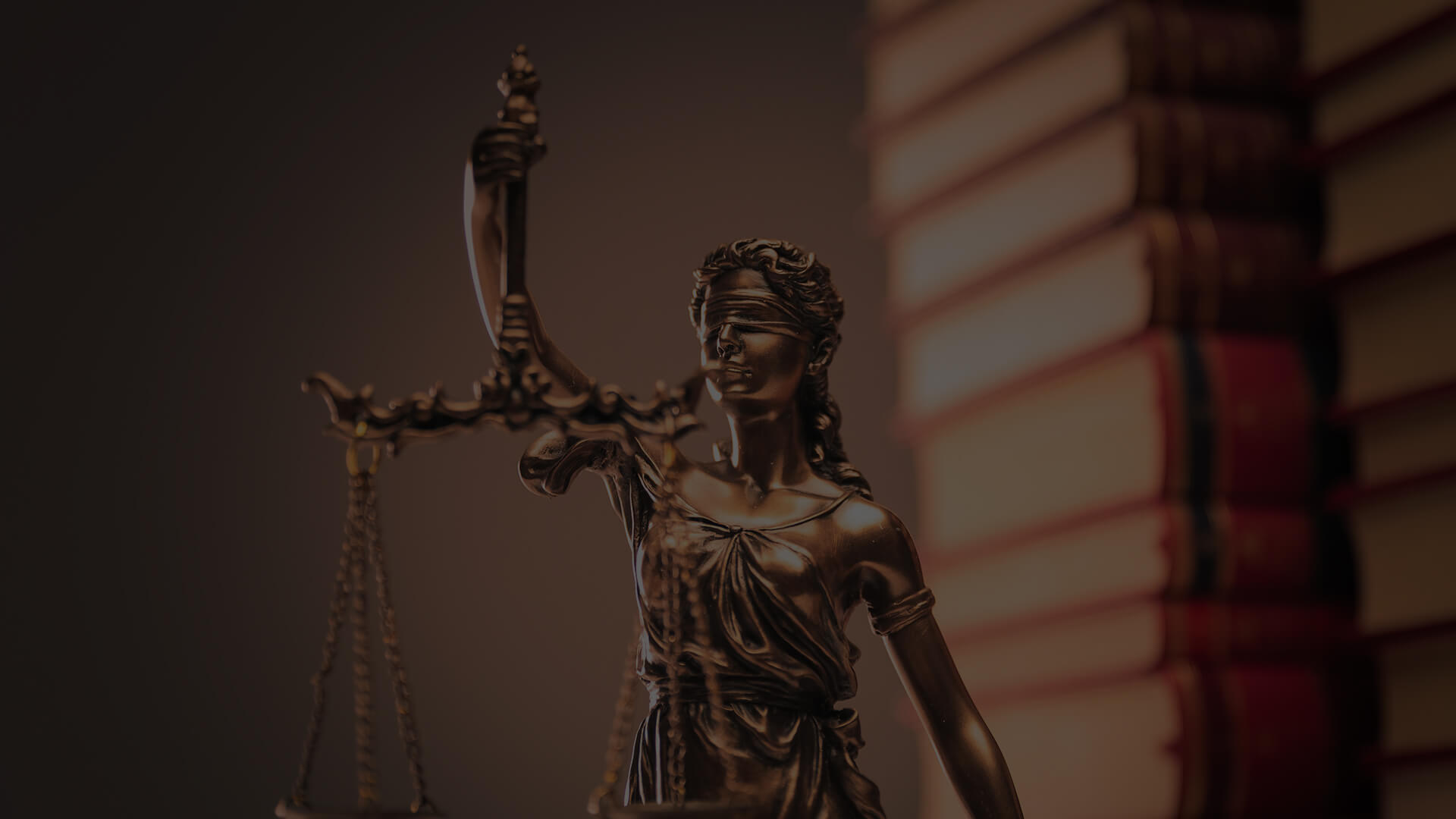I want to tell you about a friend of the family. Her name is Malak. She has three younger sisters, and she came to the U.S. as a refugee when she was about ten years old. She’s Muslim, and she’s American.
I was born here, and I learned things about the United States in my youth that made me proud to be American.
Here are a few things I love about this country:
- We’re optimistic. We see possibilities, and we’re hopeful. We have American dreams.
- We celebrate diversity. We know that it’s a strength to have so many different kinds of people from so many different places.
- Freedom is important to us, including religious freedom. We talk about God.
- When things are messed up, we can do something about it. We have a proud history of civil disobedience, supported by decades of legal battles.
What would you add to my list? What do you love about this country?
Malak is in high school now, and I talked to her recently about the Muslim Legal Fund of America (MLFA). I asked about her experiences living here. I asked her about justice, and I asked her about our country.
She said that the words of the Constitution, these high ideals, don’t match the reality. She told me about a woman on the bus who pulled her mom’s hijab off. Kids at school make her feel uncomfortable about being Muslim. She worries that her younger sisters will lose their faith.
There’s a general pattern of immigration in the United States. Usually, the children of immigrants identify pretty quickly as Americans. They may have to walk a tightrope between their parents’ home culture and language on the one hand and their own American childhoods on the other. Yet even this balancing act is part of the American experience.
Malak isn’t having the American experience I trusted she would have. I want this country to be her refuge. I want this space and these good people to appreciate her, make room for her, and make her feel safe.
She’s right about one thing. There is a gap. There is a gap between what we say and what we do. There is a gap between the promises we’ve made and what we actually deliver. This is uncomfortable, even painful.
I want her to know that when things are messed up, we can do something about it.
- When someone’s struggling through absurd immigration practices, we can show up for them and help them navigate the system.
- When someone’s being unfairly targeted, we can defend them. We can expose the injustice of laws and systems that do not serve any Americans.
- When Islamic charities are threatened, we can shield them. We can give them cover to continue the good deeds of our umma.
- When our hearts are broken, we can ask Allah to give us the strength to fight another day.
This is what MLFA is all about.
I believe in the magic of the spaces in between. There is a story, and there is a reality. There are fear-based laws, and there are kind, reasonable people who want to help. In that in-between place, there are miracles. Faith carries us through these in-between places.
I’m talking about identity because this organization is about our identity as Muslims and as Americans. We need both parts of this. We belong here. Malak belongs here, too, and I want to do everything in my power to create a more just reality for her, for her sisters, and for you.
by Jeannine Sherman – Thursday, April 29, 2022

